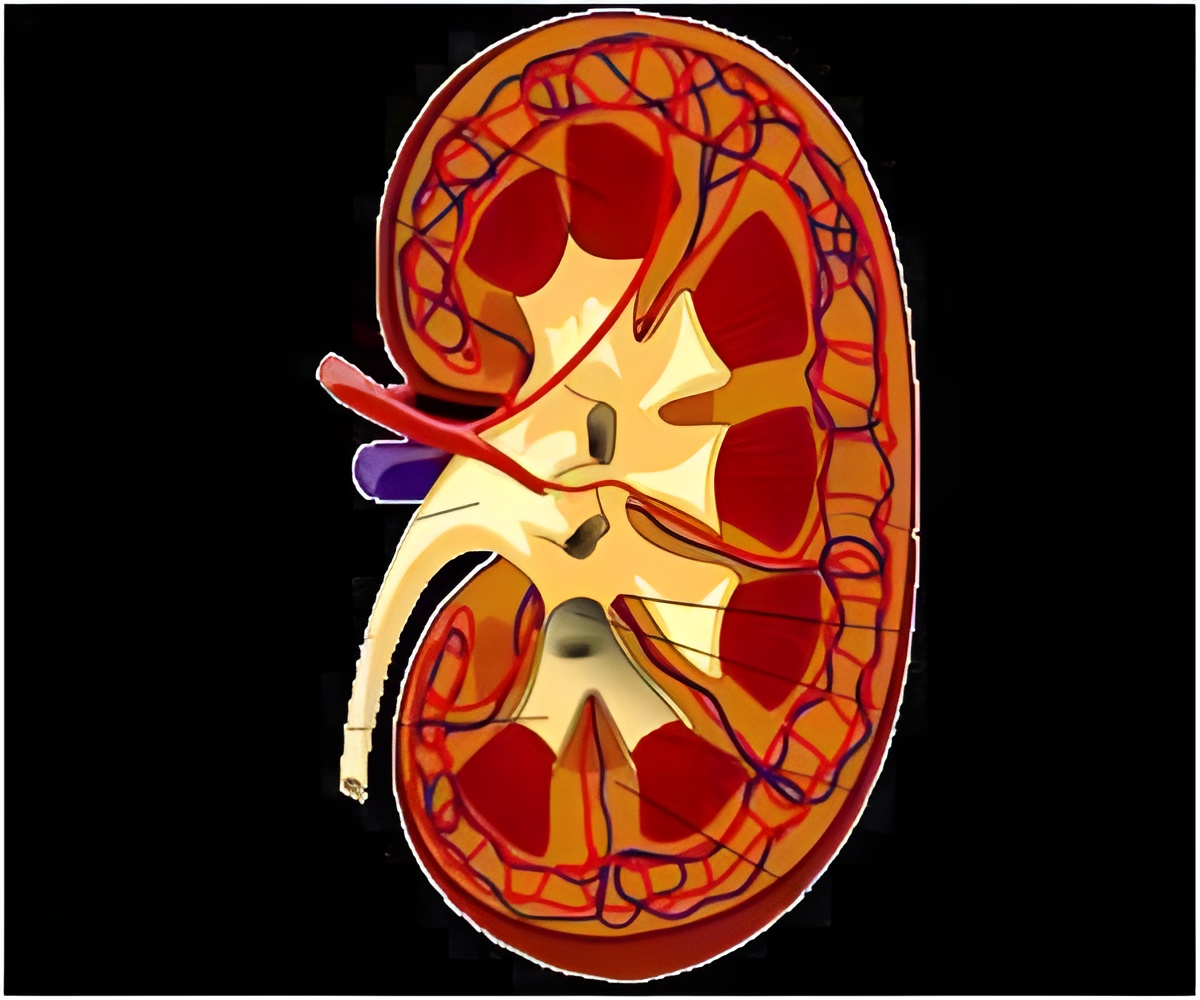
To compare therapies, Dr. Guerra studied 150 kidney transplant recipients who received one of three common immunosuppressive treatment regimens: tacrolimus + MMF, tacrolimus + sirolimus, or cyclosporine + sirolimus. Tacrolimus and cyclosporine are in a class of drugs called calcineurin inhibitors; they can prevent early organ rejection but can be toxic to the kidneys. Sirolimus and MMF do not damage the kidneys. Patients often receive low doses of calcineurin inhibitors plus sirolimus or MMF in order to gain the most benefit without serious risk to their kidneys. All patients in the study also received another immunosuppressive drug called daclizumab shortly after transplantation, as well as steroids long term; they were followed for an average of eight years after transplantation.
Among the major findings:
- Survival of transplanted organs was similar in all groups of patients.
- Significantly fewer patients treated with tacrolimus + MMF (12%) experienced acute rejection, compared to those treated with tacrolimus + sirolimus (30%) or cyclosporine + sirolimus (28%).
- Patients taking tacrolimus + MMF also had better kidney function during the first 36 months.
- Patients taking tacrolimus + MMF or cyclosporine + sirolimus were less likely to die with a functioning transplant (12% and 4% respectively), compared to those treated with tacrolimus + sirolimus (26%).
- Patients who took sirolimus were more likely to develop viral infections, discontinue treatment, and need cholesterol-lowering medications, compared to patients who were not taking sirolimus.
Taken together, these results suggest that transplant patients do better over the long term with tacrolimus + MMF than with either tacrolimus + sirolimus or cyclosporine + sirolimus. "We have been able to prove that the use of low-dose tacrolimus and MMF is safe and provides excellent outcomes over time to renal transplant patients," said Dr. Guerra.
Source-Eurekalert










